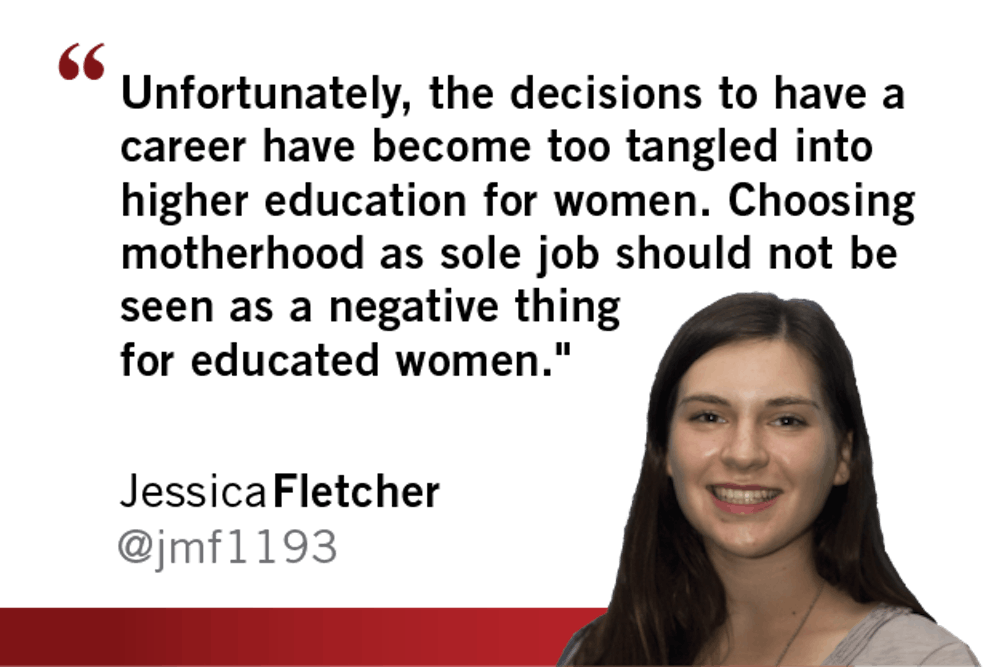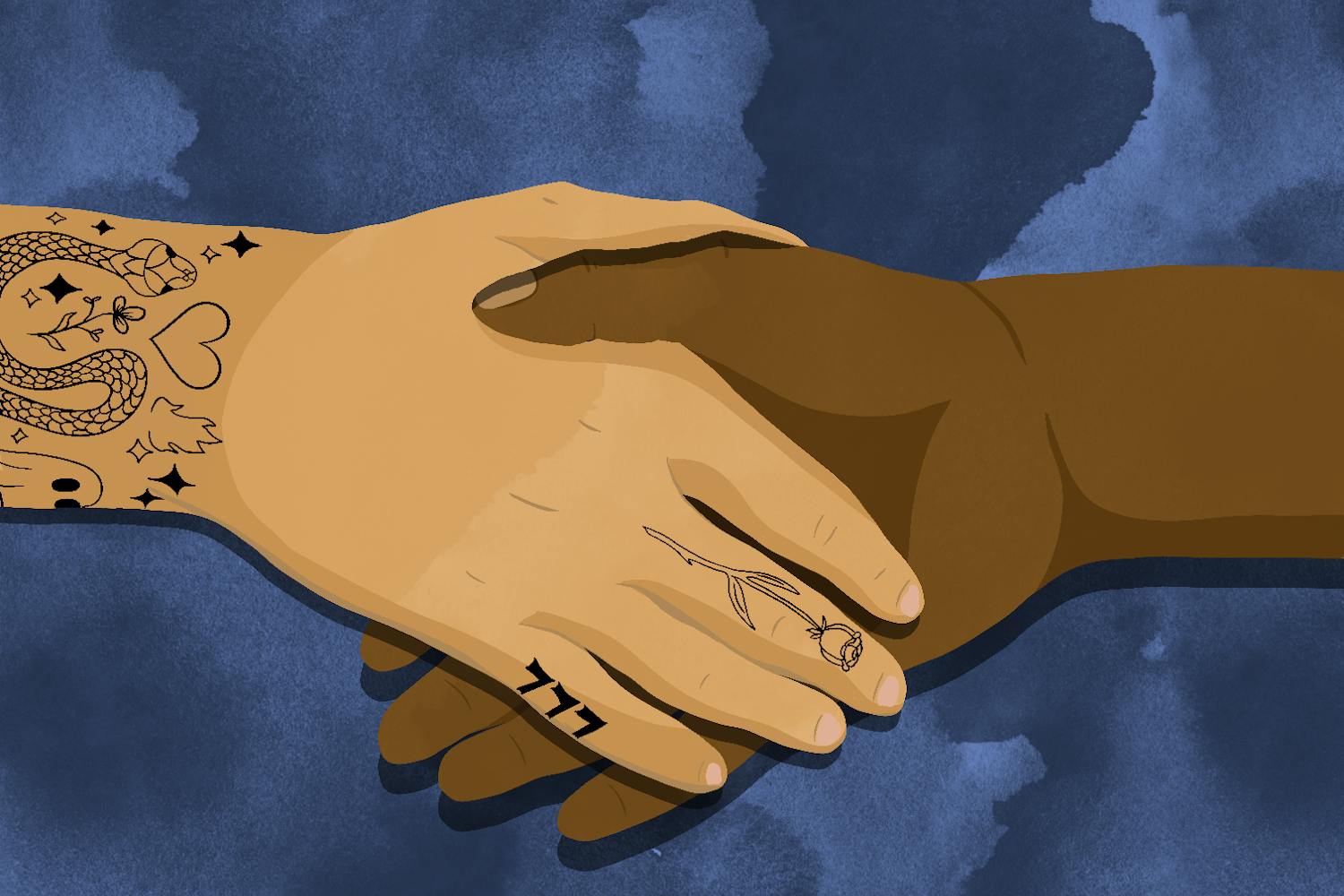With today’s job market and constant competition, there has been a push — or a shove — to get the degree in order to start the career. This job competition doesn’t start after standing up in cap and gown at graduation; it pervades every aspect of education — arguably even before higher education begins.
Education, and even more specifically higher education, has almost altogether lost its luster of “learning for the sake of learning” and has become the “means to an end.” Unfortunately, this results in unwarranted judgment for those pursuing education without a career path or monetary success to show for it.
The practicality of education for a career makes sense; it serves as a great equalizer for barriers of race, class and gender. It develops and flourishes the skills to think critically in the job field. The importance of careers should not be understated — there is a need to make a living and have a sense of realism. Passion alone can’t pay a water bill.
While the job is critical, higher education cannot — and should not — just be about that. Otherwise, the intrinsic value of learning is lost.
What seems to have been lost is the understanding of what higher education can actually offer to a student. At any age, gender, or population, education can provide a forum to flourish and to form ideas. This is one of the truly great forms of bettering oneself.
Education’s true value extends far beyond what outcomes it can bring. There should be a resurged pride in learning at all levels and with all types of topics. It can even reach into places where most don’t think education ventures. For example, some of the critics of prison education and more specifically higher education in prison (beyond a GED) see it as wasteful, unnecessary and undeserved. There is also the question of whether we should offer courses such as Shakespeare or biology rather than vocational and trade courses that can be easier to translate to a career. However, these claims fail to see the transformative power of education, of learning.
An additional issue from this “get the job” perspective is the differences it creates between male and female societal views on education and careers. The push for women to have equal opportunities in education and the workplace — in all fields such as STEM areas and elsewhere — is a great thing. However, with this have come some latent consequences. The woman who pursues higher education and does not translate her success into a career or other monetary success can be judged as being un-feminist or still constricted to one role. In the same breath, men who choose to take classes just to learn are seen as wasting time if it is not geared toward a higher-paying career.
Unfortunately, the decisions to have a career have become too tangled into higher education for women. Choosing motherhood as sole job should not be seen as a negative thing for educated women. On the other hand, the woman who chooses to pursue her career before motherhood or in conjunction with motherhood should not be judged as selfish. All of these assumptions are wrong, and if education was still regarded with the same value of intrinsic learning, some of these assumptions may not be as prominent.
This all goes back to the warped view of education’s function rather than its intrinsic value. Higher education means self-worth and confidence. It encourages students to think well, to think critically, and to grow. Much of the content learned from courses in college may not even necessarily help within a career market because so much is learned on the job. The most important thing learned from higher education is the skill to critically think and to think for oneself. For the sake of education, the true value of learning needs to be restored.
Reach the columnist at jessica.m.fletcher@asu.edu or follow her on Twitter @jmf1193
Editor’s note: The opinions presented in this column are the author’s and do not imply any endorsement from The State Press or its editors.
Want to join the conversation? Send an email to opiniondesk.statepress@gmail.com. Keep letters under 300 words and be sure to include your university affiliation. Anonymity will not be granted.
LikeThe State Presson Facebook and follow@statepresson Twitter.





